In December 2019, a new severe type of pneumonia, later known as novel coronavirus disease (COVID-19), was reported in Wuhan, Hubei, China. The country of India and the world at large are facing the ongoing crisis that is now a pandemic. News of death and newer cases are becoming even more and more common. At present, the number of cases in India is currently at 4,103,694 with 70,640 deaths. This Pandemic as well as a domino effect into many industries, impacting the economy, businesses and so on but it is quite detrimental to our mental wellbeing as well.
Depression and Anxiety in India during COVID 19
Depression and anxiety disorders are different, but people with depression often experience symptoms similar to those of an anxiety disorder, such as nervousness, irritability, and problems in sleeping and concentrating.
Studies worldwide have shown an increase of depression in those of front line workers such as those in the medical field as well as those locked in at home. This leads to stress, anxiety, loneliness and not only effects one overall mental health but in the long-run also leads to a decline in health and lifestyle quality. This possibly even leading to sleeping or eating disorders.
The National Mental Health Survey of India 2015-16 had shown at least 10% of Indians suffer from a mental health issue. A study in 2017 had shown an increase to 15%. Moreover, only 1 in 10 received evidence-based treatment. After the Covid-19 outbreak, the Indian Psychiatric Society reported that mental health concerns have escalated by 20%.
Stress and panic attacks have increased by over 35%. Those with depression or anxiety disorders in remission are seeing a relapse. People with OCD like the compulsion to wash hands are understandably in a state of panic. Sadly, we’ve seen suicides as well because of this pandemic. As well as many new cases post-lockdown are related to anxiety disorders, depression, and OCD exacerbation and relationship issues. Those increasing percentages are also great to do with problems caused by the pandemic. Examples being:
- Job losses as in one incident as many as 41 Lakh youth had lost their jobs in the country due to Covid-19. This being while those in the construction and farm sectors are the bulk of that number.
- Familial problems in joint families are an issue as well for the youth and the elderly. There can be constant stress on both parties and both aggravating each other.
- A drastic change in lifestyle is a definite cause of an increase in mental instability.
- Enforced isolation, social rejection, and financial crisis can contribute to depression
According to WPA, Secretary-General Prof. Roy Abraham K, “Quarantine can cause negative psychological impacts, including post-traumatic stress symptoms, confusion, anger and depression”. Noting that “officials should quarantine individuals for no longer than is required, chalk out a clear rationale for quarantine, provide information about protocols, and ensure sufficient supplies for them.” He also added that the government decision to quarantine those returning home from COVID-19 affected countries was a step in the right direction.
Responding to the crisis
Initiatives have been set up around India to help those in the community struggling with lockdown and dealing as well with mental illnesses.
- Telemedicine platforms such as the Brihanmumbai Municipal Corporation and Mpower helpline.
- A telemedicine system whereby persons with mental illness can be provided with electronic medical prescriptions.
- At the state level, noteworthy responses include the ‘psychological support team’ constituted by the Kerala government, the reviving of the ‘Happiness Department’ in hospitals set up by the Madhya Pradesh government, and the initiatives at the Outpatient Opioid Assisted Treatment (OOAT)and de-addiction centers by the Punjab government.
- Several nonprofits, private hospitals, private organizations and universities have set up helplines and e-counselling—for example, the Neptune Foundation, Mastermind Foundation, Samaritans, Jamia Millia Islamia, and others. Additionally, nonprofits such as CRY, The Banyan, Sangath, Clinqon India and others have hosted webinars on mental health, and/or are providing free tele-counselling services.
Contact us if you need a friend to speak to. Join our forum and speak to the best healthcare professionals around the world.
In case you need specialized healthcare or wellness assistance, feel free to contact our highly professional doctors and healthcare professionals who can show you the way ahead of COVID-19.
Stay Home, Stay Safe!!!
#clinqon_india #telehealth #mentalhealth #publichealth #awareness #healthcare #wellness #disorders #atmanirbharbharat #makeinindia #medicine #stress #anxiety





































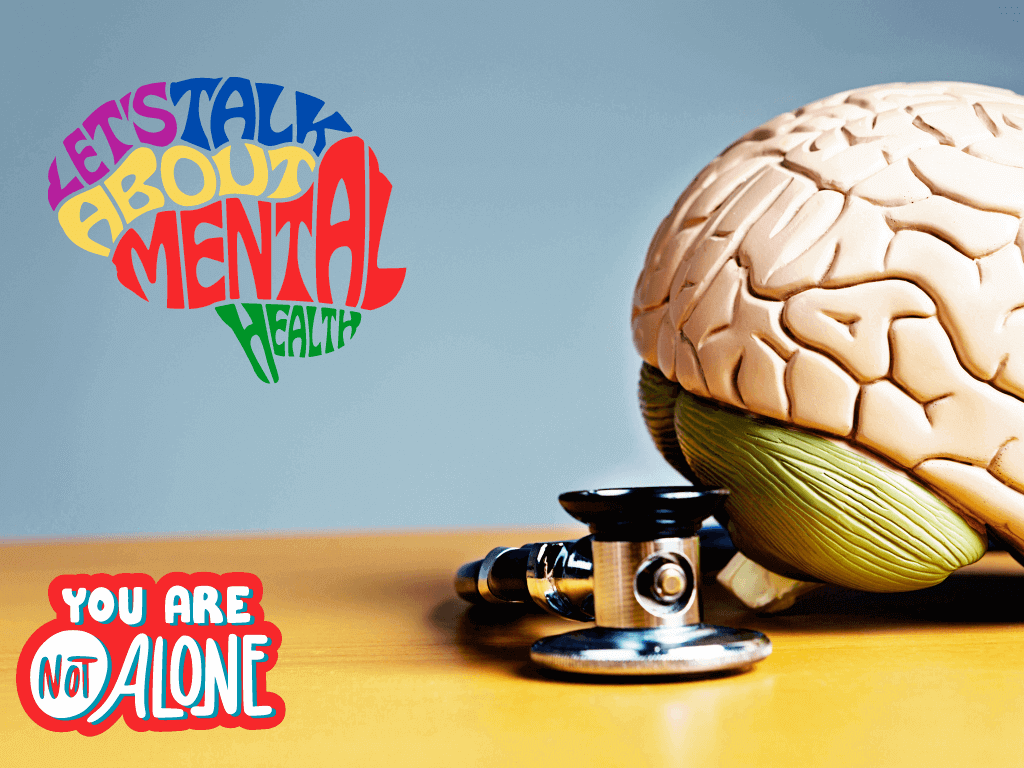


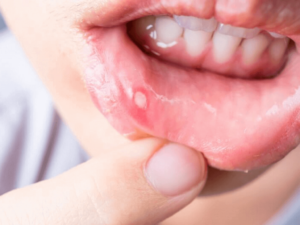

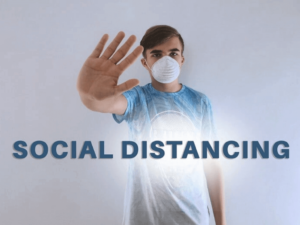


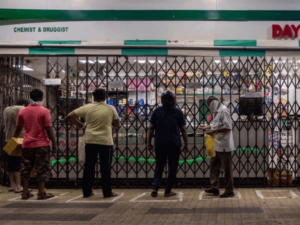

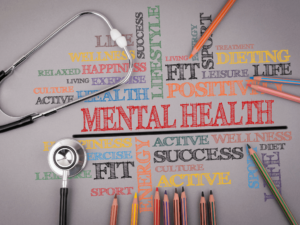




















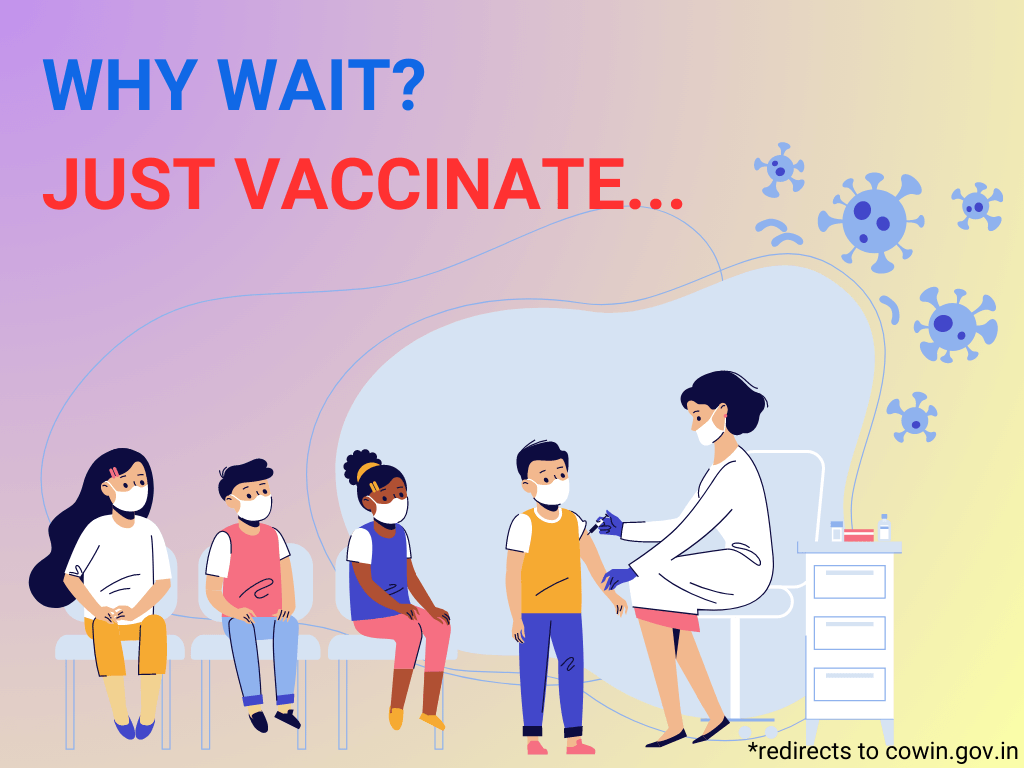

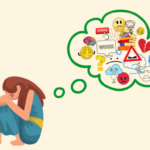


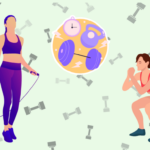
Good read!
Absolutely loved the article.